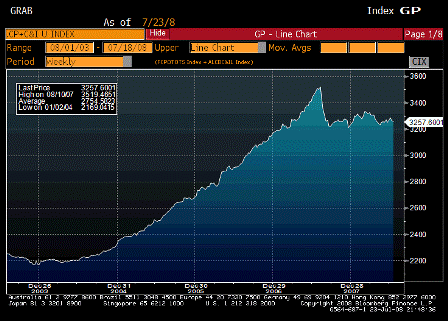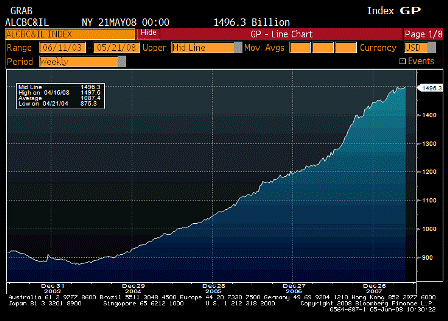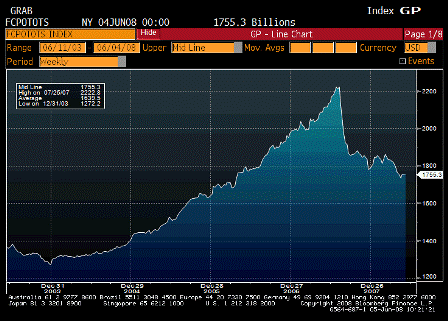(an interoffice email)
Deep,
Interesting!
In the case of a bank failure, Spain still is the entity that would
repay depositors. To get the funds Spain would somehow liquidate the
failed bank. If the loss was large enough so that Spain couldn’t
raise the funds to pay off the depositors (via both liquidating the
bank and attempting to borrow in the credit markets) payment to the
depositors would be delayed until Spain did raise the funds.
The ECB would either return the mtg collateral to Spain for payment,
or, if Spain would not or could not receive the collateral vs payment,
the ECB would liquidate the collateral and hold Spain responsible for
any deficiency balance.
This makes the ECB much like any other depositor, but with collateral
as security.
It does not reduce the risk of loss to bank shareholders should the
mtgs not perform.
It does not remove ultimate liability from Spain.
It does not involve risk to the ECB beyond that of Spain paying for
any deficiency, and presumably the ECB isn’t loaning at 100% of market
value.
It does not create a ‘moral hazard’ issue as bank shareholders and
Spain are still in first loss position for any loan losses.
It does prevent a disruptive ‘fire sale’ from ‘technical volatility’
of forced liquidations.
It does provide bank funding at the ECB’s target rate for interbank
lending, which is what the target is all about, so that seems ok?
I have no problem with institutional structure that doesn’t use the
liability side as a source of ‘market discipline’ and instead uses
capital requirements/ratios/gap rules, etc. and regulates the asset
side as well?
And with the right haircuts and regs funding non bank mtg production
can likewise suit public purpose.
>Spanish banks funding mtgs at the ECB
>
> Shortcut to:
> http://www.telegraph.co.uk/money/main.jhtml?xml=/money/2008/01/28/bcnspa
> in128.xml
>
>
>




